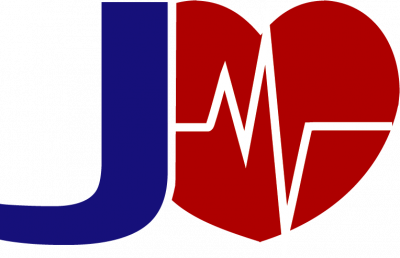high blood pressure
Last updated: 6 Aug 2024 | 7525 Views |


![]()
high blood pressure
Blood pressure refers to the pressure of blood on the walls of arteries caused by the pumping action of the heart. Increased blood pressure puts a strain on the circulatory system. directly affects the occurrence of diseases of the vascular system
There are two pressure values that are measured:
The systolic pressure is the pressure when the heart contracts at its maximum.
The diastolic pressure is the pressure while the heart is at rest. Normal is 120/80 in millimeters of mercury (mmHg), the Heart Association defines. high blood pressure when measuring from 140/90 mmHg or more
cause
The exact cause is unknown. Symptoms usually appear within a few weeks after the throat has cleared. Streptococcus infection or a cold or a viral infection, after which the immune system in the body will start building antibody at the onset of infection
symptom
The first symptoms are found Bleeding area both legs and buttocks Pain in the ankle, which at first appears like hives and will turn into purple or brown blotches within 1-2 days around the ankle area. Or the knee joint will know that it is painful and swollen. The symptoms are more pronounced when walking. Other symptoms such as abdominal pain, nausea, vomiting, diarrhea, and blood in the urine In adolescence, women may experience pain. heavy period
diagnosis
The surgeon examines the patient's skin and takes the sample to endoscopy. and collecting urine and blood samples. The doctor who owns the fever will refer the patient to a specialist doctor. Kidney disease and rheumatoid arthritis can help together if the doctor saw that the patient had kidney problems A kidney biopsy may be collected. to be examined by using a needle to pierce the area of the kidneys and sending samples for examination
treatment
This disease usually resolves on its own. Symptoms will increase and gradually disappear over time.
Your doctor prescribes medications such as ibuprofen, naproxen, or acetaminophen, which may be given to control pain or reduce fever. or to order predisolone for the patient with severe symptoms or with kidney problems
Things to do
![]() Eat healthy foods, fruits, vegetables, and low-fat dairy products. and eat less saturated fat
Eat healthy foods, fruits, vegetables, and low-fat dairy products. and eat less saturated fat
should control weight
![]() Do regular aerobic exercise, such as brisk walking (at least 30 minutes a day, several times a week).
Do regular aerobic exercise, such as brisk walking (at least 30 minutes a day, several times a week).
![]() You should take the medicine as recommended by your doctor. Caffeine intake should be limited.
You should take the medicine as recommended by your doctor. Caffeine intake should be limited.
don't do
![]() Don't drink too much alcohol.
Don't drink too much alcohol.![]() It is forbidden for men to have no more than 2 drinks per day.
It is forbidden for men to have no more than 2 drinks per day.![]() It is forbidden for women and people who are underweight, should not exceed one drink per day.
It is forbidden for women and people who are underweight, should not exceed one drink per day.

Related content
Cardiac Tamponade
17 Aug 2022
Atrial Myxoma
18 Aug 2022
Tetralogy of Fallot
21 Sep 2022
STRESS TEST
17 Aug 2022



